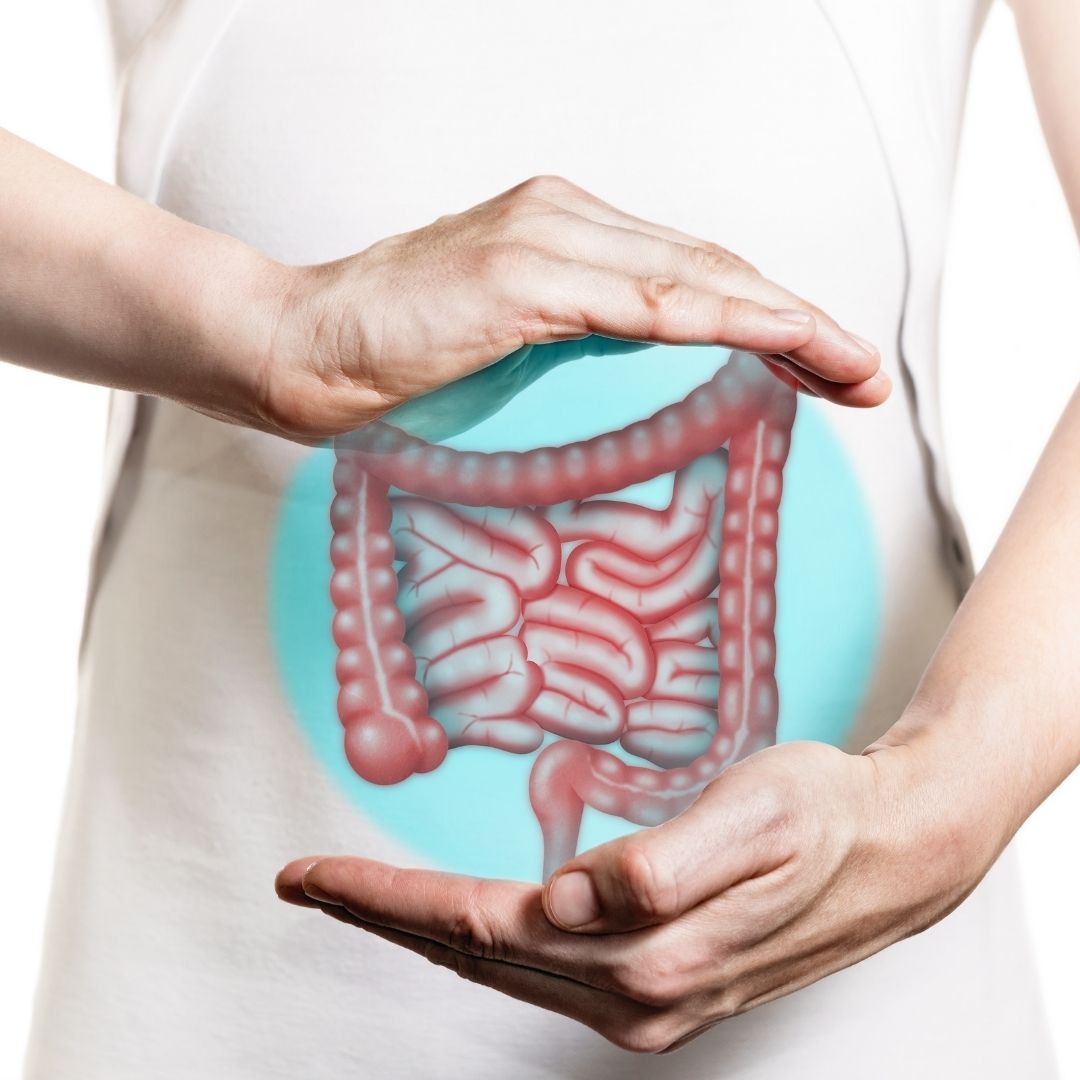Bowel cancer is the fourth most common cancer in the UK and is also known as colorectal cancer.
Bowel cancer occurs in both men and women, although it is more common in men. The risk of bowel cancer increases with age, with steep increases in people aged over 50.
The disease is treatable and curable, if it is diagnosed early. If you have signs of bowel cancer, the earlier you get a bowel cancer diagnosis, the better the chance of successful treatment.
Meet one of our Bowel Cancer experts
The causes of bowel cancer are not fully understood. Most people diagnosed with bowel cancer are older than 50.
Other risk factors for colon cancer include:
- A family history of the disease
- Inflammatory bowel conditions, such as Crohn’s disease or ulcerative colitis
- A personal history of previous colon cancer or polyps
- A low-fibre, high-fat diet
- Obesity
- Diabetes
- Radiation –uncertain cause
- Smoking
- Alcohol
Most cases of bowel cancer begin as small, benign (pre-cancerous) growths called polyps in the intestine. Over time, some of these polyps can become cancerous colon cancers.
In the early stages of this disease, many people may experience no signs of bowel cancer. When symptoms appear, they are likely to vary, depending on the cancer’s size and location in your large intestine. Symptoms of bowel cancer can include:
- Rectal bleeding (bleeding from your bottom) and/or blood in your poo
- A persistent and unexplained change in bowel habits
- A feeling that your bowel doesn’t empty completely
- Unexplained weight loss
- Extreme tiredness (fatigue)
- Abdominal pain (tummy ache)
- Stomach cramps
- A lump in your tummy

Private bowel cancer screening can help to identify and remove polyps in the intestine. So regular screening tests can help to prevent bowel cancer before it has a chance to develop.
In England and Wales, there is one main type of NHS bowel cancer screening programme:
- Faecal occult blood test (FOBT): People aged 56 or above (50 or above in Scotland) are offered a stool-based test that looks for the presence of blood in the poo called a faecal occult blood test (FOBT). If these test results are positive, they are invited for a colonoscopy.
It may sometimes be appropriate to offer a CT colonography (virtual colonoscopy) as the first test.
No matter how old you are, you should always see your GP as soon as possible if you experience any symptoms of bowel cancer.
You can find out more information about the bowel screening programme in your area from your GP surgery.
Since bowel cancer rates start to increase from the age of 45, some people choose to be tested privately. All bowel cancer screening tests at OneWelbeck are carried out in a custom-built facility in London that uses the latest medical technology.
Your treatment will depend on the size and location of the cancer, as well as the stage of the disease, and how far it has spread. Most people have surgery for colon cancer that hasn’t spread.
If the disease is more advanced, chemotherapy and/or radiotherapy may also be used. These treatments can make the cancer easier to remove and reduce the risk of it coming back.
New treatment approaches are looking at biological therapies that involve the use of monoclonal antibodies designed to reduce the risk of it coming back.
Based on the results of your colon cancer screening tests at OneWelbeck, your private consultant can refer you to colorectal surgeons and oncologists to discuss the best bowel cancer treatments and care for you.
Does a family history of bowel cancer increase my risk?
Most cases of bowel cancer do occur in people that have no family history but if you do have a close family member who was diagnosed with bowel cancer before the age of 60, you will have an increased risk of developing the disease.
If I have blood in my poo, do I have bowel cancer?
Not necessarily. Blood in your stool (poo) can be caused by other conditions, such as bowel polyps, haemorrhoids (piles), anal fissures, gastroenteritis, diverticular disease, peptic ulcer, and inflammatory bowel disease (IBD).
You should always see your GP to investigate blood in your stool.


